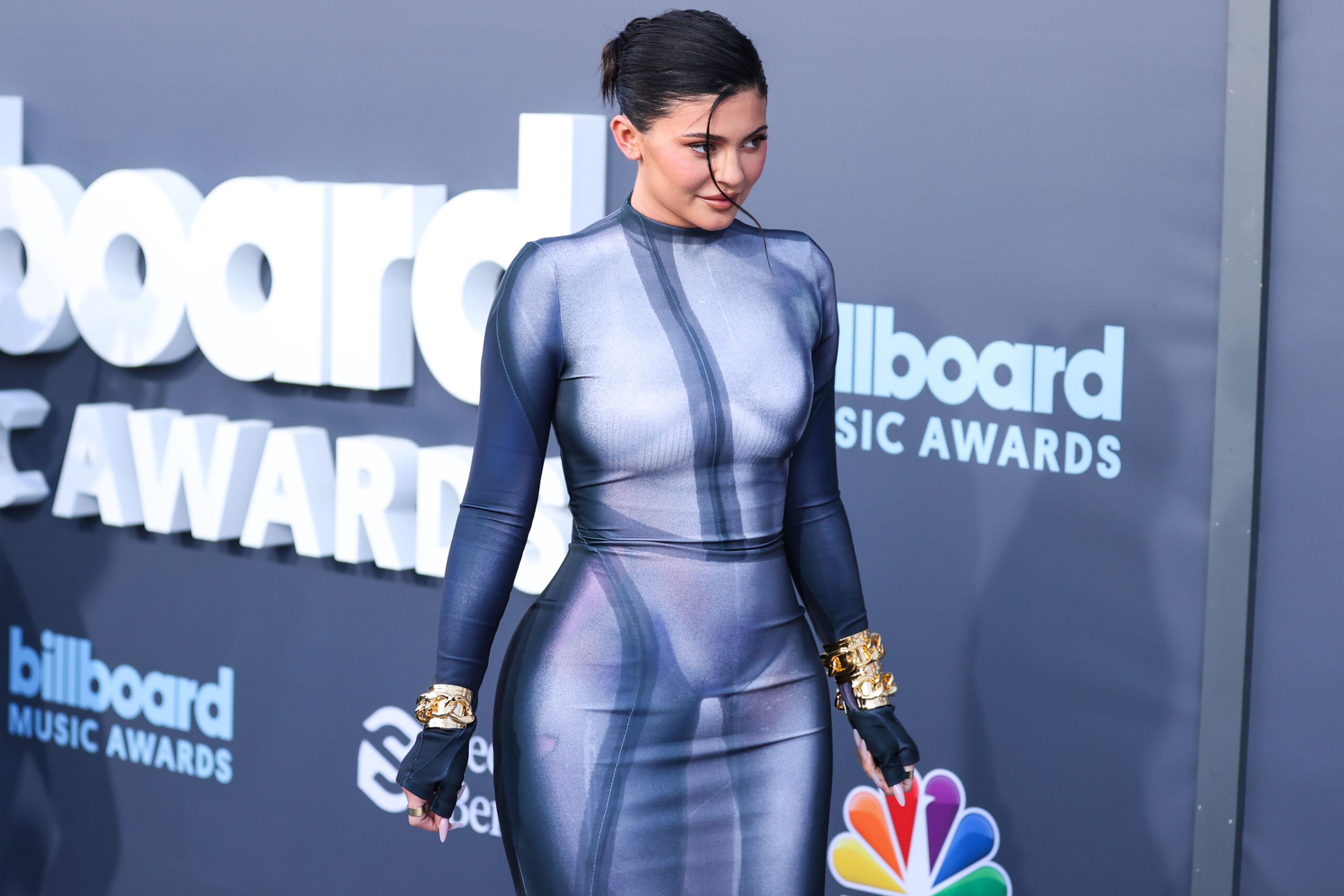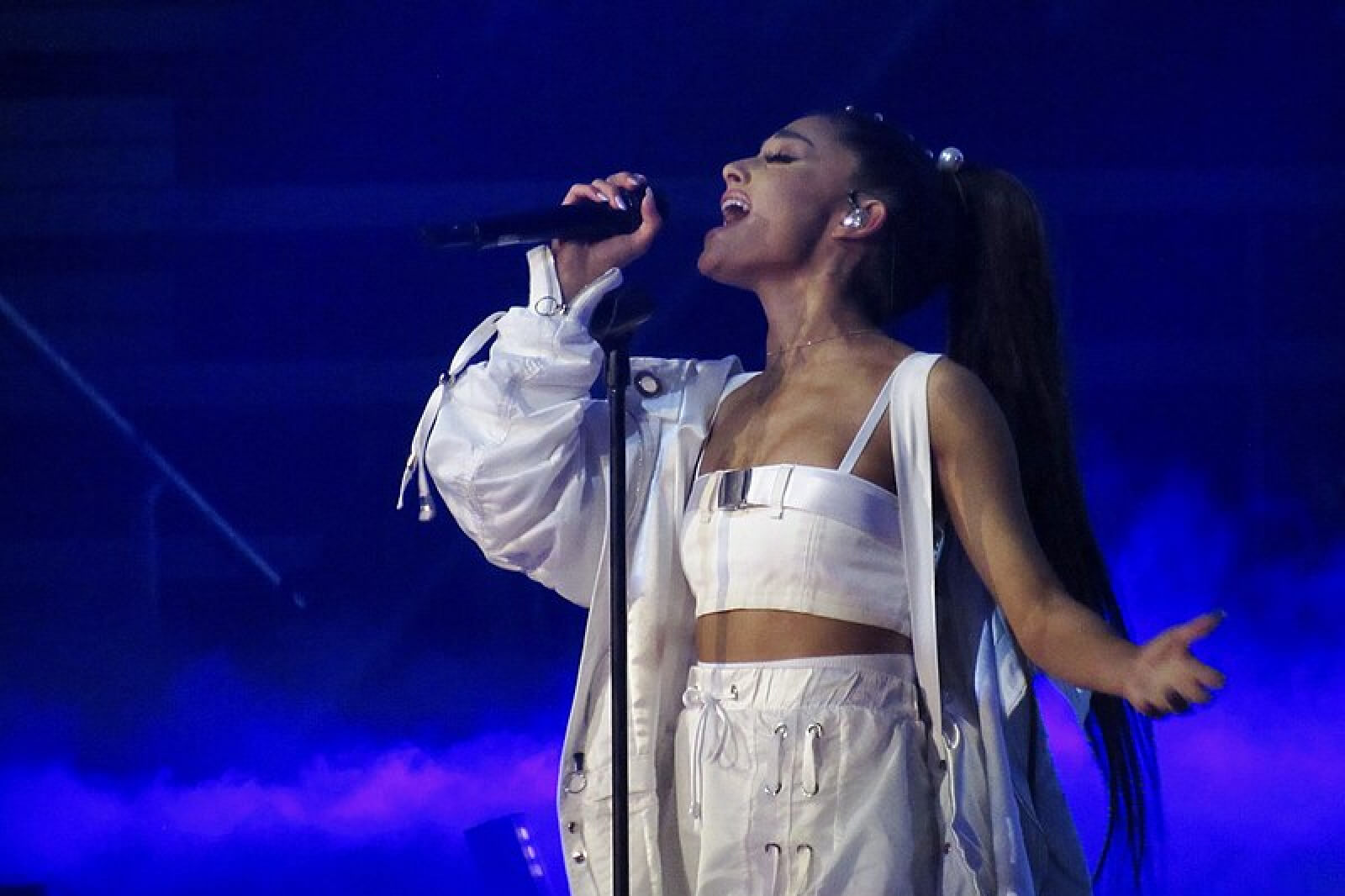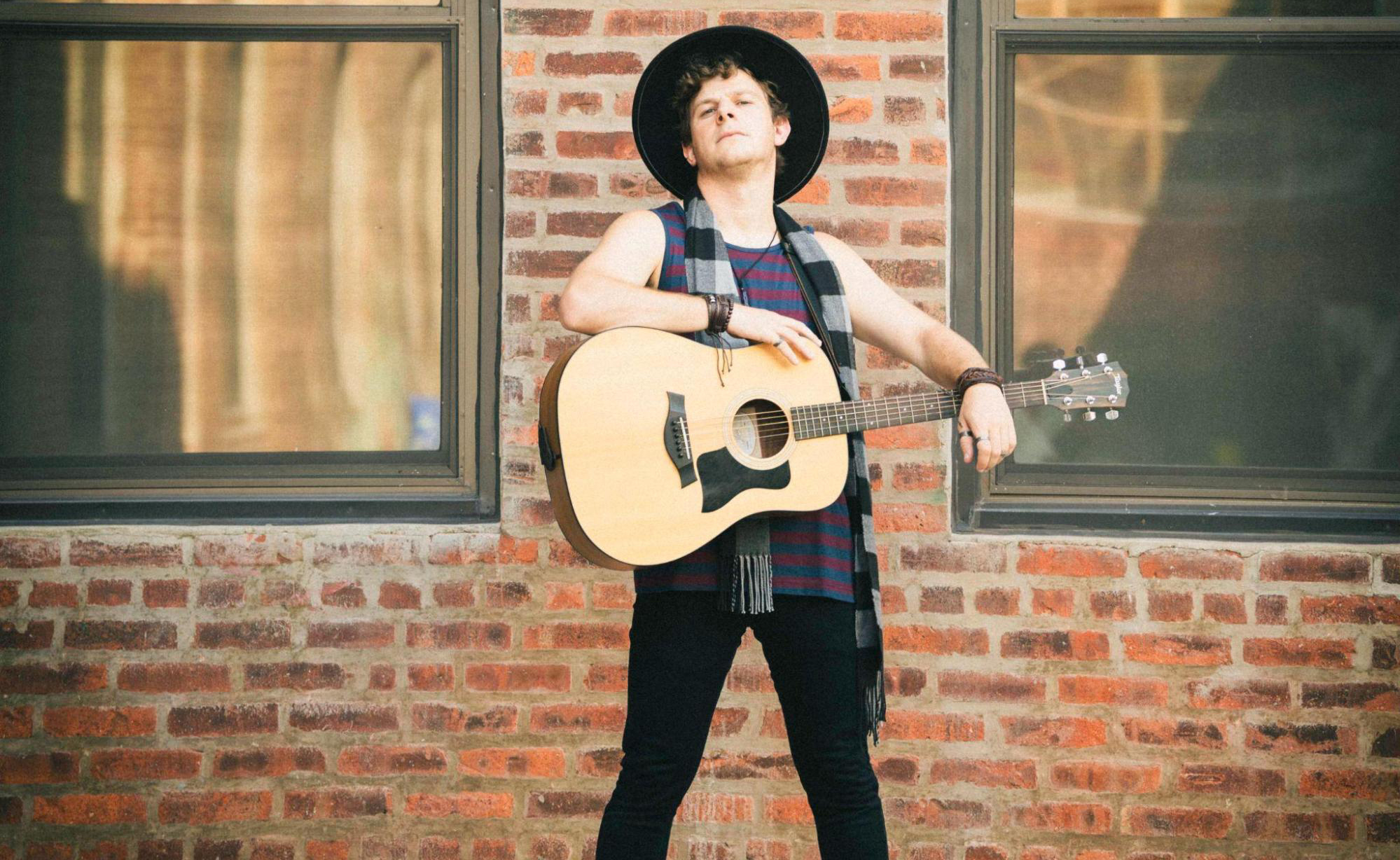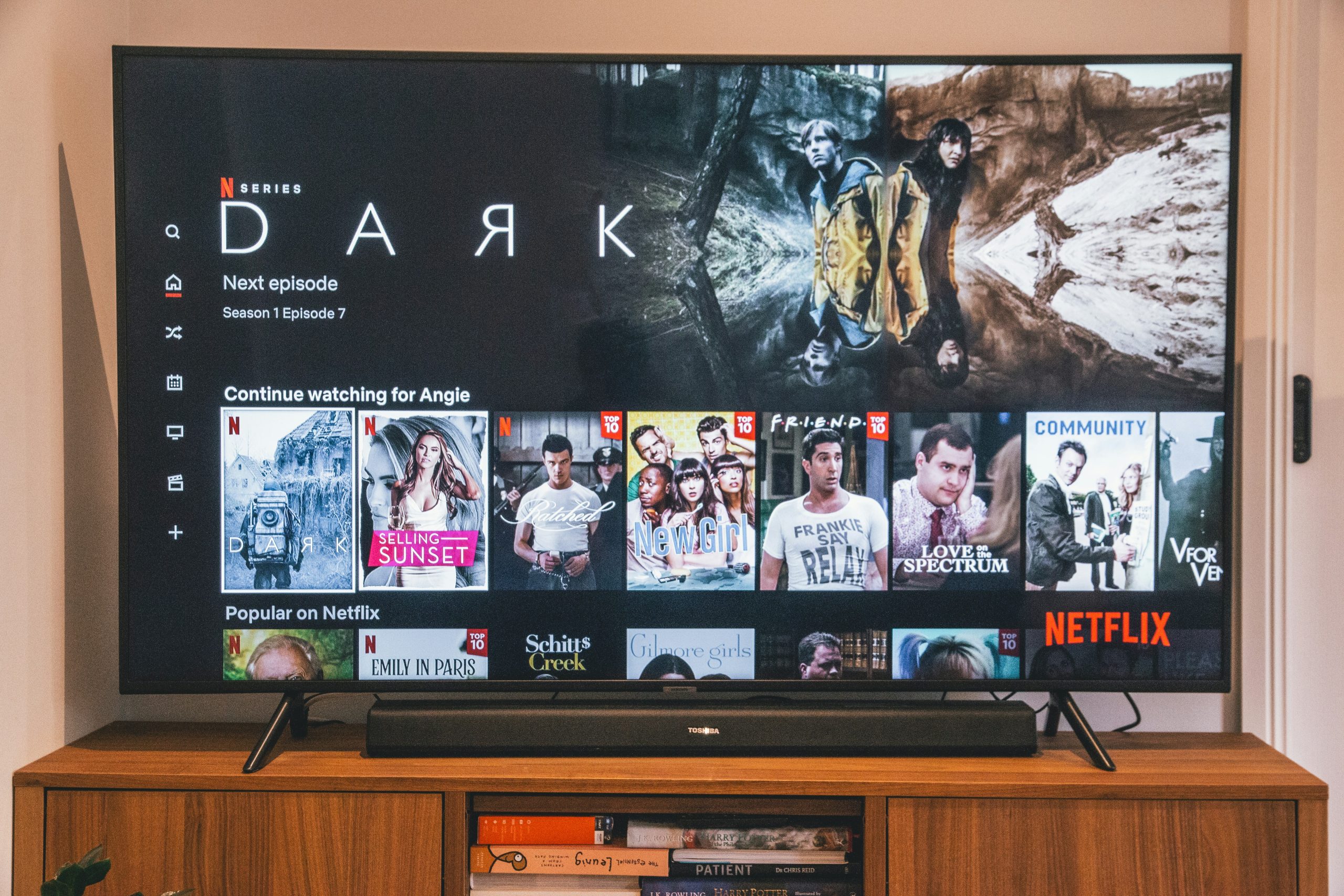In 2014, Taylor Swift filed to trademark the phrase “this sick beat” and four other quips repeated in her album 1989.
Paris Hilton still owns the trademark for “that’s hot“; in 2007, she successfully sued Hallmark for using the phrase on one of their greeting cards. In May 2019, The Ohio State University applied to trademark the word “the.” So it stands to reason that Kylie Jenner can trademark the phrase “rise and shine,” but her application at the U.S. Patent and Trademark Office (which was filed last week) is still pending. After an eight-second video clip of the 22-year-old singing to her daughter became a meme, hashtag, and possibly a TikTok movement, Jenner immediately set to work with the tools of capitalism. After creating “Rise and Shine” merchandise for her KylieShop website ($65 hoodie, anyone?), she filed to copyright the common phrase, which activated Twitter’s eternal love-hate feelings about the entire Kardashian-Jenner clan.
Predictably, comments ranged from flippant disgust at the cash grab (“kylie jenner really filed to trademark the term ‘rise and shine’ she’s such a greedy rat”) to writer Yashar Ali’s cutting remark, “The devil works hard, but @KrisJenner will not only work harder, she’ll murder the devil.”
But in a media-laden world of TikTok, hashtags, and late capitalism, it’s just smart branding. Taylor Swift wasn’t approved for three of the trademarks she applied for, but she currently owns two (“Nice to Meet You, Where You Been” and “This Sick Beat”). Besides, a surprising number of common phrases are actually trademarked. Intellectual property and copyright laws create four different types of trademarks, which depend on the purpose of the trademark and the limitations of its use. For instance, Taylor Swift has legal rights over “this sick beat” being used on clothing and stationery, but nothing else.
When it comes to common phrases, lots of seemingly generic words are trademarked. One example: The word “Apple” obviously means two very different things in a grocery store than in a computer store. Years ago, someone who would become very rich thought to trademark the word “Apple” exclusively relating to computer products. Mike Zadrozny, a trademark attorney, explains that if a common word is claimed in connection with specific goods or services, and it’s “highly unique and even arbitrary,” then the trademark application is sound. Even if it’s not, applicants can still be approved for trademarks if they can prove that they’ve created a secondary meaning of the common word.
So when it comes to “rise and shine,” Kylie Jenner may soon hold the trademarks to using the common phrase in: cosmetics, belts, coats, dresses, footwear, gloves, headbands, jackets, scarves, sleepwear, swimsuits and undergarments, among other items of clothing. Maybe she’ll follow in her sister Kim Kardashian’s footsteps and abandon the application out of public embarrassment (RIP “kimono” shapewear). Maybe the youngest “self-made billionaire” will soon offer an exclusive line of “rise and shine” lip kits. That’s hot.
Related Articles Around the Web















